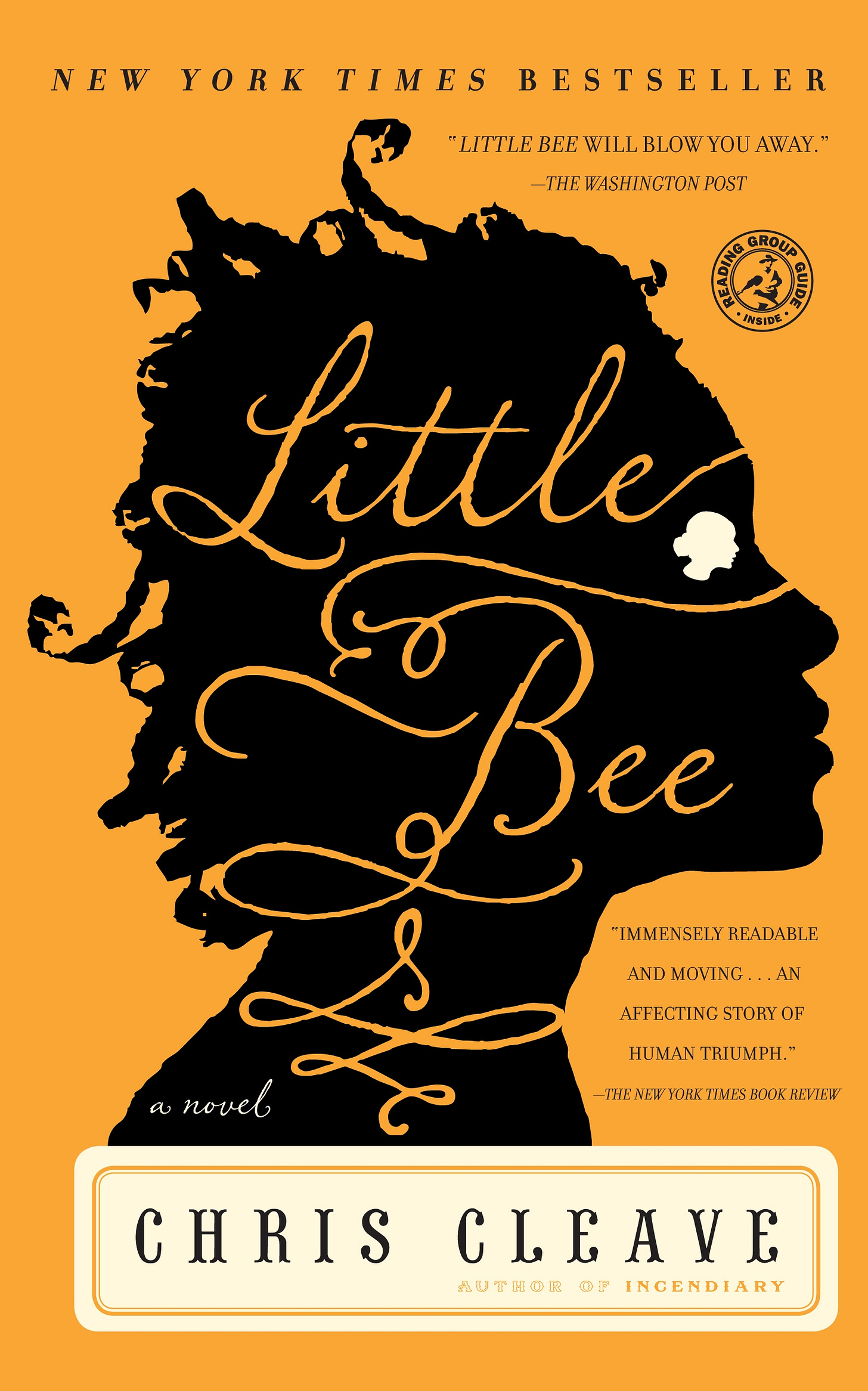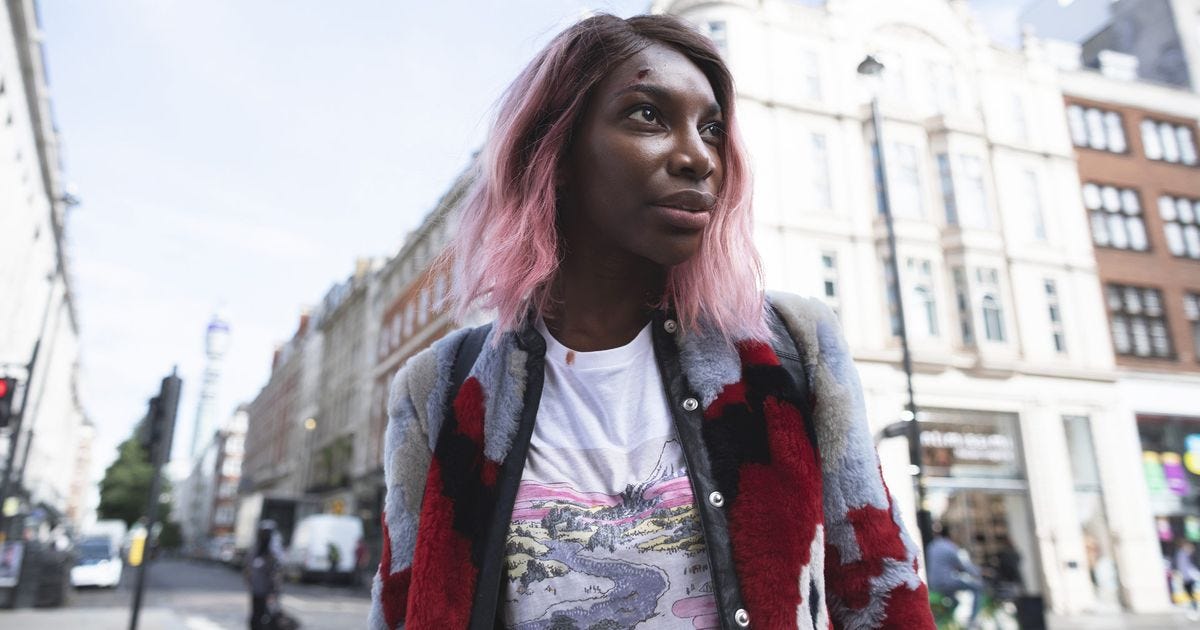I woke up last week to find #SwedenGate trending on Twitter.
If there's something you can always count on Twitter for, is an anecdotal fact being blown out of proportion.
It all started with a viral tweet with a Reddit PrintScreen saying that Swedens don't invite you to eat while you're already at their home.


Twitter being Twitter, it quickly morphed into a discussion on how Swedens and Europeans, in general, are racists and anti-immigrants. Later, “historic-explanation” threads popped up trying to explain why Swedens don't feed their guest, which led to, of course, memes. The final stage of any viral conversation.
I bring up #SwedenGate not to discuss racism in Europe, but to highlight the straightforward truth: cultural differences do matter. Especially for all of us immigrants immersed in other countries. The simplest of things for some, can be interpreted as rude or even mean to others.
In that sense, openness and representation are key. Around 5.3% of the EU's population is made of immigrants, for some countries such as Belgium, it can be as high as 18% of the population.
Usually, countries and cities with more diversity also hank higher on inclusion. That's because fear (and subsequently hate) usually comes from ignorance. You are more likely to not understand people who are different from you if you do not interact with them, talk to them, and befriend them.
TV, movies, and books can help with that. It generates empathy because we unconsciously see those on the screen or pages as our friends. You can then develop cultural awareness and connections through fiction, regardless of whether you have immigrants in your life.
New series on Netflix
Three weeks ago, I recommended a show called Soil on Netflix. It depicts a Moroccan family with a business in Brussels, which expatriates the deceased to be buried in their homeland.
Despite Ismaël's mother's wish to be buried in Belgium, her body was sent to Morocco by his father and her family when he was a kid. He now believes that others are exactly like him, so he starts to bring Morrocan soil to bury people in Belgium, going against his father's business.
Being able to watch a show done in Belgium about a Muslim family was refreshing. Although Ismaël is not the best role model - he bends many rules to get what he wants - his heart is in the right place, and we cheer him on throughout the episodes.
But Standing Up was an even better surprise. This Netflix comedy series follows three friends, all first or second-generation immigrants in Paris, striving to follow their dreams of being stand-up comics.
They perform at a small comedy club called Drôle (which is what the series is called in French). These young comics from different backgrounds attempt to navigate between their professional career dreams and their financial and sentimental setbacks.
It feels like a good stand-up show. Standing Up is filled with self-deprecating sarcasm about everyday life that doesn't shy away from social commentary.
Why watch it?
The woman behind Standing Up is Fanny Herrero, the director of the excellent Call my agent. After taking us to the offices of celebrity agents, she opens the doors to an entirely different universe: that of stand-up and the hassles that go with it. A world where finding a spot in the sun isn't always simple, and special codes that we acquire throughout the course of the episodes.
Differently from the all-around despised Emily in Paris, Standing Up seems to portray a more realistic Paris. People here take the metro, have parties in apartments, eat kebabs at 11 p.m., and the poorest parts of the city do exist.
In contrast to Americans' romanticized Paris, this show shows truth without embellishment at all costs. Despite the fact that the series is intended to be lighthearted, it does not shy away from confronting issues such as masculinity, abortion, and everyday racism.
Last but not least, the script and performances are admirable. The chemistry between Aïssatou and Nezir, who are BFFs, is apparent. We just want to be a member of their group.
The characters are touching (without being melodramatic) and often more amusing in their everyday lives than on stage. That is, without a doubt, what makes this series, Standing Up, so appealing. After all, stand-up comedy is nothing more than exposing commonplace topics and personal experiences to the public in an open and honest manner.
Are we going to see more immigrants as main characters?
Even though it was well-received by the critic, sadly it seems like Standing Up will not see the light of a second season. I guess Netflix's computers disagree with me on the quality of this show.
Although none of the characters are Latin-American I felt represented in it. It was fun watching the characters navigating career ups and downs, the difficulties of being an adult, and trying to be artistic while having the setbacks of being an immigrant or immigrant child.
These series leave a sweet-sour taste. Even while it was a positive step forward, it saddens me that there are still few European series about immigrants that aren't all about being illegal or suffering. I stumbled upon this one, just to get canceled a couple of months after release.
(By the way, the only Brazilian character I have ever seen in a European series was only there because he was illegal and died at a construction site. So, his death became a problem for the Belgian character who had hired him.)
But maybe, I just haven't found yet another similar series to Standing Up out there. Do you have any recommendations for me?
What to read?
Little Bee (Chris Cleave). When Little Bee arrives in the UK from Nigeria, she is 14 years old and spends the first two years of her life in an immigration detention camp outside of London. She walks to the one UK address she has, where a British couple she met on a Nigerian beach resides with their small kid, following her erroneous release.
It's a harrowing book about immigration and refugees in the UK.
What to watch?
The Intouchables (2011). After becoming a quadriplegic from a paragliding accident, Phillipe, a French aristocrat hires a young man (Driss) from the projects to be his caregiver. They slowly develop a friendship.
Although this movie has the Magical Negro trope all over it, it is still a nice watch. At least it shows how important it is to befriend people that are different from you.
What to binge?
I May Destroy You (2020). Maybe one of the best TV shows from the past years and I've been dying to find a topic to recommend it.
I May Destroy You is a British comedy-drama series created, written, co-directed, and executive produced by Michaela Coel for BBC One and HBO. The series is set in London and is loosely based on Michaela's own experiences of being drugged and sexually assaulted. The main character is a second-generation immigrant but the story revolves around sexual consent and dealing with traumas.












Totally agree: I May Destroy You IS the best TV show (British anyway) of the past few years :)